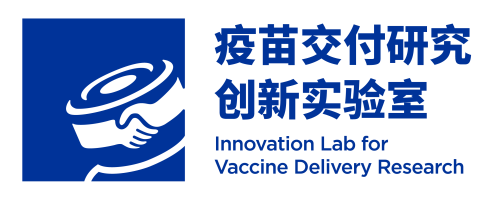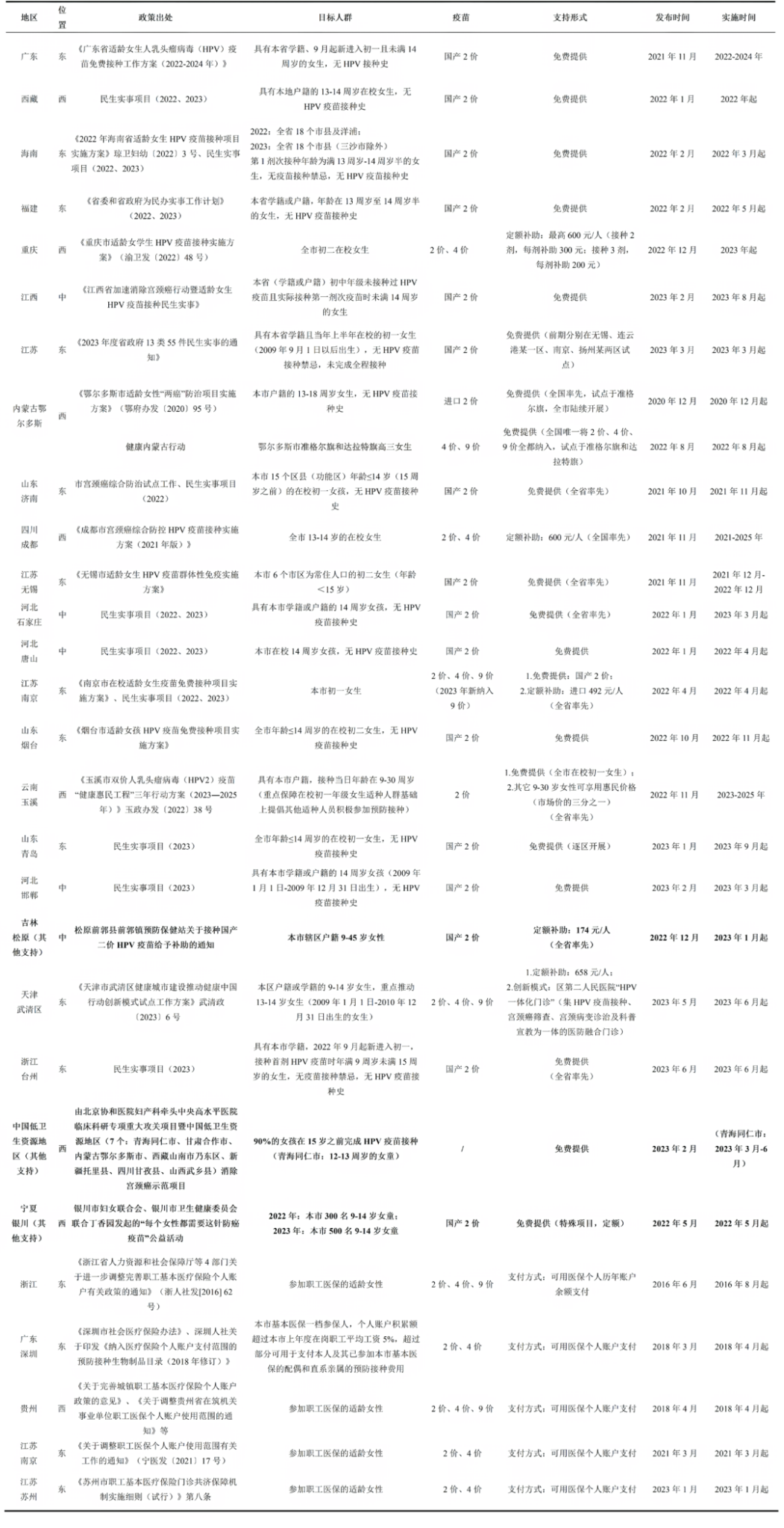This study was conducted by Professor Xiaohua Ying and his team from Fudan University and published in Human Vaccines & Immunotherapeutics. This study aims to explore the complexity of decision-making for non-National Immunization Program (non-NIP) vaccines (voluntary and self-paid) in China, and how effective communication between healthcare providers and recipients can promote vaccine uptake. The research integrates perspectives from both providers and recipients to identify strategies that facilitate vaccination and analyze their underlying mechanisms, emphasizing the importance of multi-stakeholder collaboration and sustained motivation in vaccination decision-making.
Closing the immunization gap: Overcoming barriers for new vaccine introduction in Southeast and South Asia
This review, conducted by Innovation Lab for Vaccine Delivery Research (VaxLab) from Duke Kunshan University, was published in Vaccine. The study systematically compares the status of new vaccine introduction within national immunization programs across 13 countries in Southeast and South Asia, with a particular focus on differences associated with Gavi funding eligibility. The findings show that countries eligible for Gavi’s middle-income country (MIC) support approach lag behind in introducing key vaccines such as pneumococcal conjugate vaccine (PCV), human papillomavirus (HPV) vaccine, and rotavirus vaccine. Major barriers include underdeveloped evidence-based decision-making processes, limited domestic financing, high vaccine prices, and gaps in immunization system readiness. This article highlights the need to strengthen governance and sustainable financing mechanisms, optimize resource use, and leverage targeted technical support from global partners to accelerate equitable access to life-saving vaccines and advance the Immunization Agenda 2030.





